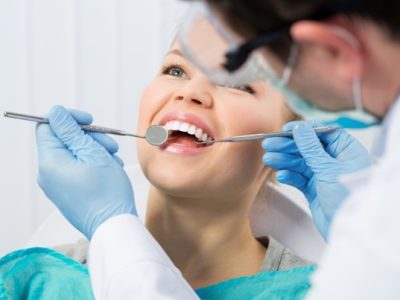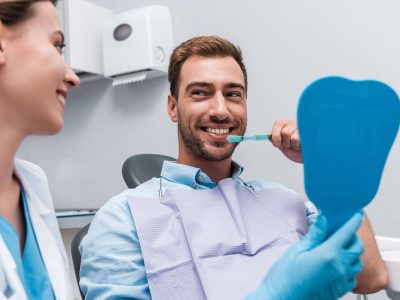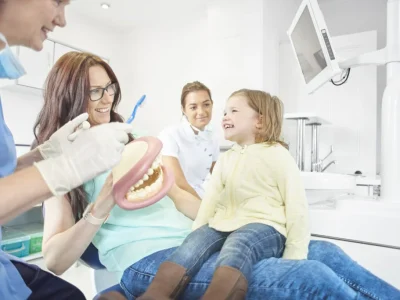Moderate alcohol consumption can create a healthy lifestyle but reports state that many Americans consume far more than the recommended amount. Some of the devastating effects of alcohol are well-known, such as damaging kidneys, liver, reaction time, etc. However, what’s little known is alcohol’s damaging capabilities on overall oral health.
Too much alcohol can leave a long-lasting impact, often causing permanent oral damage. The symptoms and severity will depend on which alcohol you consume and how much you consume. According to Georgetown RR Dentistry, drinking addiction can affect your oral health in numerous ways such as:
- Tooth Decay: Most alcoholic beverages are high in acid content and sugar. Prolonged exposure to these elements can weaken the tooth enamel. Heavy alcohol drinkers are also vulnerable to developing plaque build-up. The bacteria will start feeding on the teeth’s carbohydrates and sugar levels, ultimately causing enamel. A lack of proper oral hygiene will create cavities in your teeth. In serious situations, you will require complex dental procedures like root canal therapy or filling to address dental issues. The acid content will also make the teeth much more vulnerable to damage.
- Gum Disease: Alcohol consumption can lead to gum disease to worsen the symptoms if you already have gum disease. Tooth-decaying bacteria can cause gum inflammation or infect the gums in numerous ways. A dry mouth will also make the bacteria spread faster. Gum disease is an extremely risky factor that can cause other health problems such as heart disease, diabetes, and stroke.
- Oral Cancer: As mentioned earlier, alcohol can prevent the protective lining of the mouth to work properly. After tobacco, alcohol is the second most common cause of oral cancer. Heavy drinkers are four times more vulnerable to developing oral cancer than people who drink little. In addition, combining drinking and smoking would enhance the risk factor by 20 times. Cutting down on smoking and drinking or quitting altogether is the best way to avoid oral cancer. Oral cancer can affect different parts of the mouth including lips, gums, and cheeks. Mouth discolouration and recurring ulcers that last over 2 weeks are common warning signs.
Drinking alcohol responsibly would help you manage a healthy and happy lifestyle. However, excessive drinking would create life-threatening medical problems. If you do need to drink, choose something that contains a low amount of alcohol. Furthermore, always drink alcohol by diluting it with either water or soda. Chewing sugar-free gums and brushing your teeth after alcohol intake can also mitigate the risks.








Comments